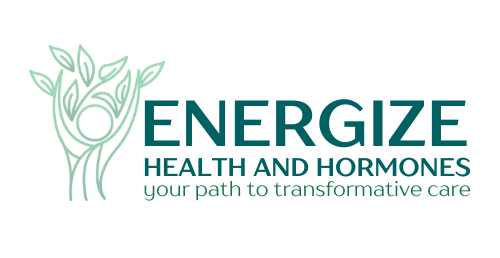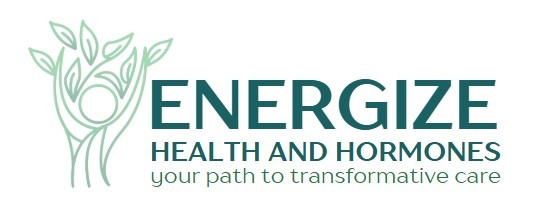
Menopause is a significant transition in a woman’s life, bringing both noticeable and unseen changes to her body. While hot flashes and night sweats are common and well-known symptoms, there’s another shift happening that’s less visible but equally important: changes in heart health.
How Menopause Affects the Heart
Did you know that heart disease risk rises sharply for women after menopause? Cardiovascular disease (CVD) is the leading cause of death for women in the United States, yet many women are unaware of their increased risk during and after menopause. While men also experience heightened heart risks with age, this increase tends to happen later for women — typically in the years following menopause.
The decline in estrogen that occurs with menopause plays a major role. Estrogen has a protective effect on blood vessels, helping them stay flexible and promoting healthy cholesterol levels. When estrogen levels drop, these protective factors diminish, making arteries more prone to stiffness and narrowing. This can lead to increased blood pressure, higher cholesterol levels, and a greater risk of heart attacks and strokes.
Risk Factors to Watch
Several key risk factors increase the likelihood of developing heart disease during menopause:
- Hot flashes and night sweats: While they may seem unrelated, these common menopause symptoms are linked to higher risks for high blood pressure and cardiovascular concerns.
- Weight gain and abdominal fat: The hormonal shifts of menopause often lead to an increase in belly fat, which is a significant factor in metabolic syndrome — a cluster of conditions that raise heart disease risk.
- Cholesterol changes: LDL (“bad”) cholesterol tends to rise after menopause, while HDL (“good”) cholesterol may decrease.
- Emotional health concerns: Depression and anxiety, which are often heightened during the menopause transition, can raise blood pressure and contribute to heart disease risk.
The Importance of Early Prevention
Midlife presents a vital “window of opportunity” to improve heart health. Simple lifestyle changes can make a significant difference in reducing future risks:
- Increase physical activity: Exercise offers powerful protection against heart disease, improving blood pressure, cholesterol, and overall cardiovascular function. Even small increases in activity can have big benefits.
- Adopt a heart-healthy diet: Emphasizing fruits, vegetables, whole grains, and healthy fats can help manage cholesterol and blood pressure.
- Manage stress and improve sleep: Chronic stress and poor sleep can elevate heart risks, making mindfulness practices, relaxation techniques, and healthy sleep routines especially beneficial.
- Stay proactive with checkups: Regular monitoring of blood pressure, cholesterol, and blood sugar is key, and medications may be recommended to help manage risk factors.
Expert Care with Dr. Heidi Queen
Dr. Heidi Queen, MD, a Certified Menopause Society Practitioner and functional medicine expert, provides comprehensive care to help women navigate this important life stage with confidence. As one of the few physicians in Marin County certified by The Menopause Society, Dr. Queen combines holistic and evidence-based approaches to address menopause-related symptoms while improving heart health and overall well-being.
Working with a menopause expert like Dr. Queen can be a game-changer for women looking to improve their heart health during and after menopause. By understanding how hormonal shifts influence cardiovascular risks, Dr. Queen guides her patients in making informed decisions about lifestyle, nutrition, and medical care to protect their heart health well into the future.
For example, one of Dr. Queen’s patients, a woman in her early 50s, had been struggling with stubborn weight gain, fatigue, and rising blood pressure following menopause. Through a combination of personalized dietary guidance, stress-reducing practices, and targeted hormone support, she not only improved her energy levels but also reduced her blood pressure and cholesterol. Stories like this illustrate how expert care can make a meaningful difference in long-term heart health.
For women in midlife, the path to a healthier heart starts with awareness and proactive steps. With the right guidance and support, menopause can be a time of empowerment — one where you take control of your heart health and future vitality. To learn more about how Dr. Queen can support you on this journey, consider scheduling a consultation today.
STAY IN THE LOOP


